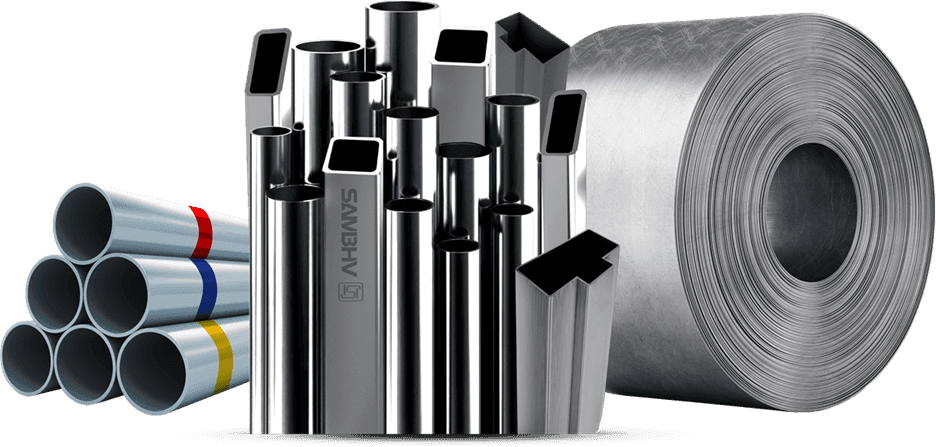Sponge Iron
Overview
Sponge iron, also known as direct reduced iron (DRI), is a refined form of iron ore characterized by its metallic content ranging from 80% to 88%. Produced through a direct reduction process, sponge iron serves as a crucial raw material in the steel-making industry, particularly in the production of crude steel such as blooms and slabs. This refined product plays a vital role in enhancing the efficiency and quality of steel production, providing a stable foundation for various steel grades used in construction and manufacturing.
Manufacturing Process
The reduction of iron ore to sponge iron takes place in a rotary kiln ,which operates at variable rotational speeds and maintains temperature between 800 to 1100°c, under the reducing atmospheric conditions to achieve the desired quality and quantity of the sponge iron.
The following raw materials are used for this process:
- iron ore:- Hematite (Fe2O3) with high Fe(Total) content preferably 64-67% and low gangue content around 4-5%.
- Iron ore Pellet:- also used to make sponge iron as a substitute of iron ore.
- Non-coking coal:- it is used as a reducing agent and heat source of the sponge iron making process.
- Dolomite:-It is used as a fluxing agent to minimise the Sulphur contains in sponge iron.
Key Features
- Substitute for Scrap: Sponge iron is an effective alternative to scrap metal in steel production, offering improved metallurgical properties. Its usage can lead to lower production costs and enhanced performance in the final steel products.
- High Purity: The direct reduction process ensures that sponge iron retains a high level of purity, contributing to higher quality steel. This purity is critical for producing high-strength steel grades, which are essential in various engineering applications.
Applications
Sponge iron is predominantly used as a raw material in the production of mild steel, specifically in producing blooms and slabs.
At our facility, we utilize sponge iron as a vital input in our steel-making process, ensuring the production of high-quality steel products that meet the demands of various industries. Our commitment to using sponge iron reflects our dedication to quality and efficiency in steel manufacturing, allowing us to maintain a competitive edge in the market.
We are committed to meeting the growing demands of the steel industry by significantly increasing our production capacities across various segments: This strategic initiative positions us to respond effectively to market needs and ensures sustainable growth, ultimately contributing to the advancement of the steel sector.
Get Detailed Information
Explore the technical specifications of all our products for details of features, dimensions, materials, and performance. Get all the information you need before making a purchase


